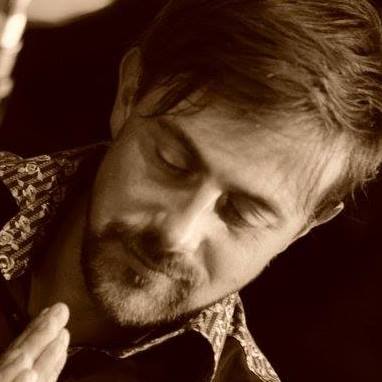
Photo by Roger Verdonck
From 13th-16th of February 2018 Reval Folk organised a tour of “Madingma” – a duo of two Flemish brothers, Stefan and Diederik Timmermans, who have contributed significantly to the Estonian folk scene for over 25 years. Read more about the tour HERE.
They are also probably one of the most well-known and appreciated musician-brothers in Flanders, Belgium. Now is the time to celebrate it and also greet Estonia for 100th birthday with Flemish bagpipe, diatonic accordion and pipes. Here you can find an interview with Stefan – an amazing musician who has inspired many currently successful Estonian and Flemish folk musicians on their way – Sandra Vabarna, Cätlin Mägi, Leana Vapper-Dhoore, Hartwin Dhoore to name just a few whom we know in Estonia…
1.When did you start playing and what are your first memories? What was your first contact with folk music?
For myself, I can’t remember not playing the recorder. My parents tell me that I used to even imitate the voice of the newscaster as we were all watching the television news at night. Highly irritating.
As a child (and later on too) the other children at school bullied me severely. When I went home I escaped by playing along with records of folk music bands, for hours and hours.
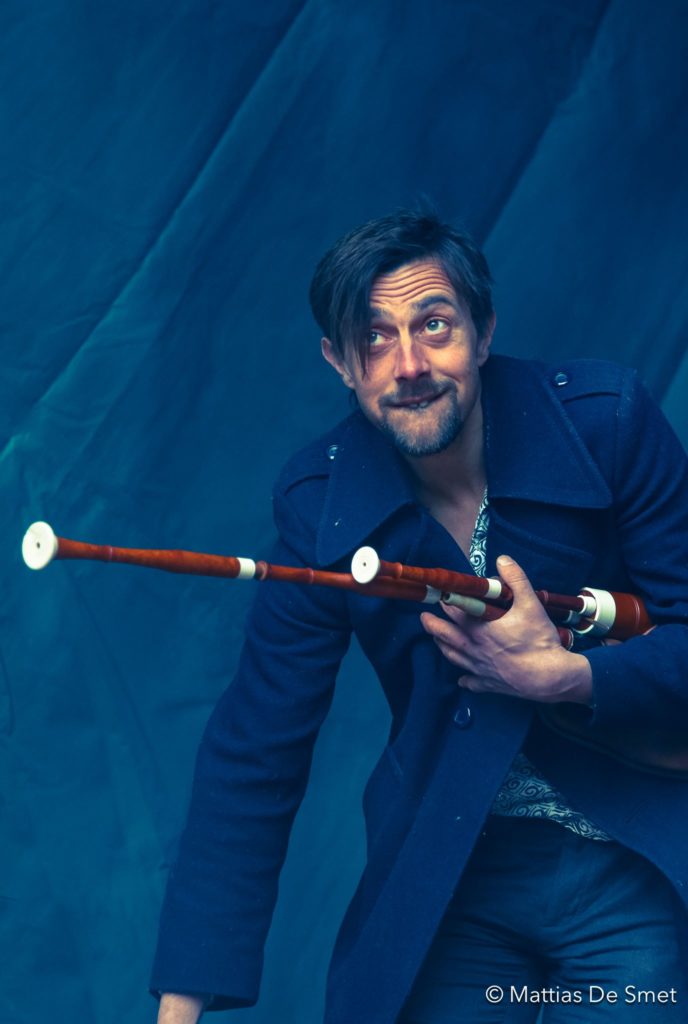
Photo by Mattias de Smet
My parents are not really musicians, but they are good friends of the founding fathers of the folk revival in Flanders. Every Wednesday (even now) a group of friends came together to talk, play, sing and dance.
These gatherings were the highlight of the week for me. Kim Delcour (BuB) was also there with his parents. Together, we would play all night long with these folk musicians, and at home we could play more with their records. They were very happy that there were at least some youngsters that wanted to play this music and they supported and encouraged us a lot!
I got my first bagpipe at 12 and it was immediately clear that we were made for each other.
If you, as a child, see these people – who are friends and musicians – from those Wednesday nights on big stages during concerts in Belgium and Holland, my parents were huge fans, you get really impressed.
Herman Dewit, one of the fathers of Flemish folk music, began a course for traditional music that happens in the summer every year: five days and nights. I’ve participated, and it was, and still is, like a huge fun-fair for me.
2. Many people play folk music in music schools. Why did you start doing it professionally?
I was only thirteen when Walter Evenepoel (www.arjaun.be) invited me to join the duo with his brother; they did songs in a local dialect. We would play twice a week in every village. I was very shy at the beginning, but step by step I started to enjoy performing and playing for people.
It was during the yearly folk course in Gooik, Belgium, that I met a.o. Koen, Greet and Paul Garriau from Gent – I lived in Gent as a student and we started rehearsing and playing together every week.
Fluxus was born organically that way. The Garriau family had so many good tunes, which they only played for each other. I convinced them to bring that music to more people and the first CD came out in 1996.
It was only in 1998 that Herman Dewit succeeded in convincing the government to organise folk music schools in several villages and cities. As there wasn’t a form of higher education for traditional music at that point, they asked young ‘experienced’ musicians to be teachers for this new initiative.
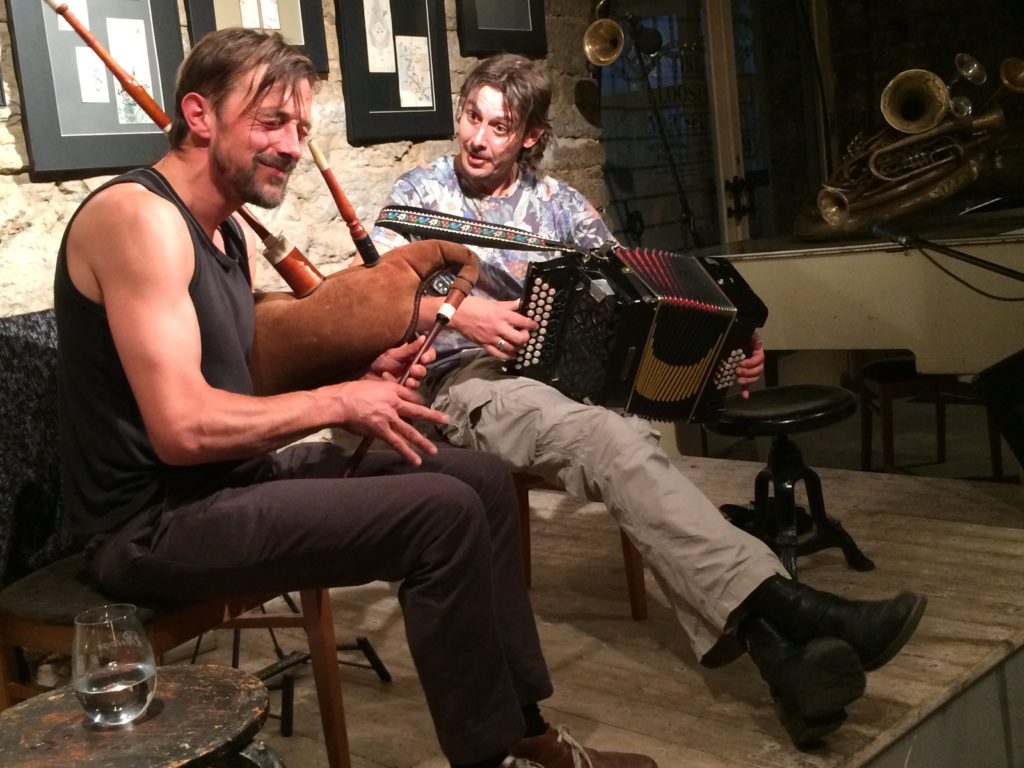
Photo by Jaak Johanson. Kloostri Ait, Tallinn, 2016
So, in addition to playing with Arjaun, Fluxus and Madingma, this was how I became a bagpipe teacher in 1999.
3. How has life as a musician been for you? Where have you played and what are your most cherished memories?
The magic of playing music with others is, without a doubt, one of the most beautiful experiences a human being can feel. It is also wonderful how happy you can make people, and how you can create very special atmospheres just by playing or singing.
That wonderful phenomenon happens everywhere, from Galiza (North Spain) to Siberia or from Sweden to South Africa, and way beyond that. It’s almost impossible to choose one or a few special moments because, in a way, every single moment playing is very special.
Ethno Sweden, in 1991, was so overwhelming that I must mention it, but there are so many more.
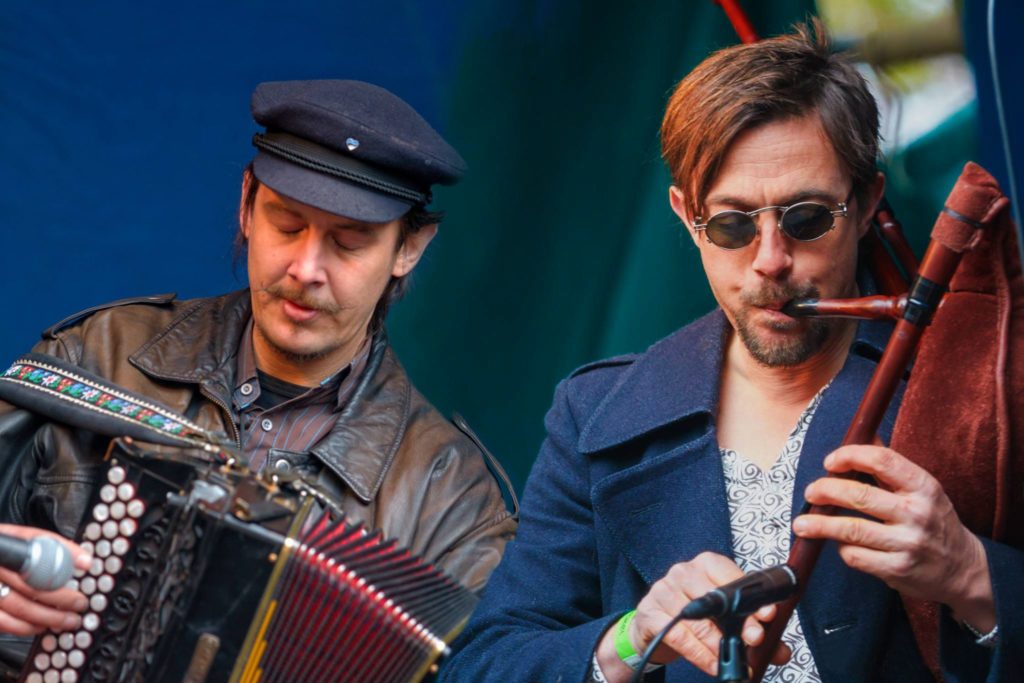
Photo by Mattias de Smet
4. What is your relationship with Estonia? Why did you come here for the first time and what groups have you played here with?
It was during Ethno 1991 that something magical happened between the Flemish and the Estonian delegation. We seemed to have the same enthusiasm and the same energy, without the need for sleep, to play and sing all night long!
In 1992, we were invited to Estonia and the Allee-Aa/Kultuuri Kolledž students came to visit us. These visits only strengthened our already existing magical connection and it hasn’t weakened to this day.
I was also fascinated by the Johanson family and quickly fell in love with Estonian culture and people in general.
5. Who are your greatest musical inspirations and why?
Herman Dewit and the others members, and ‘t Kliekske and their musical friends, were the first ones I got to know as a child. Their talent defies words.
The singer and musician Wannes Van de Velde, the music of Central France, Swedish traditional music and musicians, Galician traditional music, such as Uxia, Raul Galego Garcia, Carlos Nunez, only to name a few, flamenco, jazz – including Koen De Cauter and children, and pretty much all music from far and wide.
6. You are now living in Valencia, Spain. What inspired you to go there?
My parents took me there when I was only three months old and I later studied Spanish as a translator. I can’t really explain it but I feel at home there, the language, the smell, the light, people’s lifestyles and mentality.
Apart from that natural feeling of home – maybe I have some Spanish blood which is very much possible if you know the history of Flanders – I’ve noticed over the last few years that my winter ‘dips’ become dangerous winter depressions.
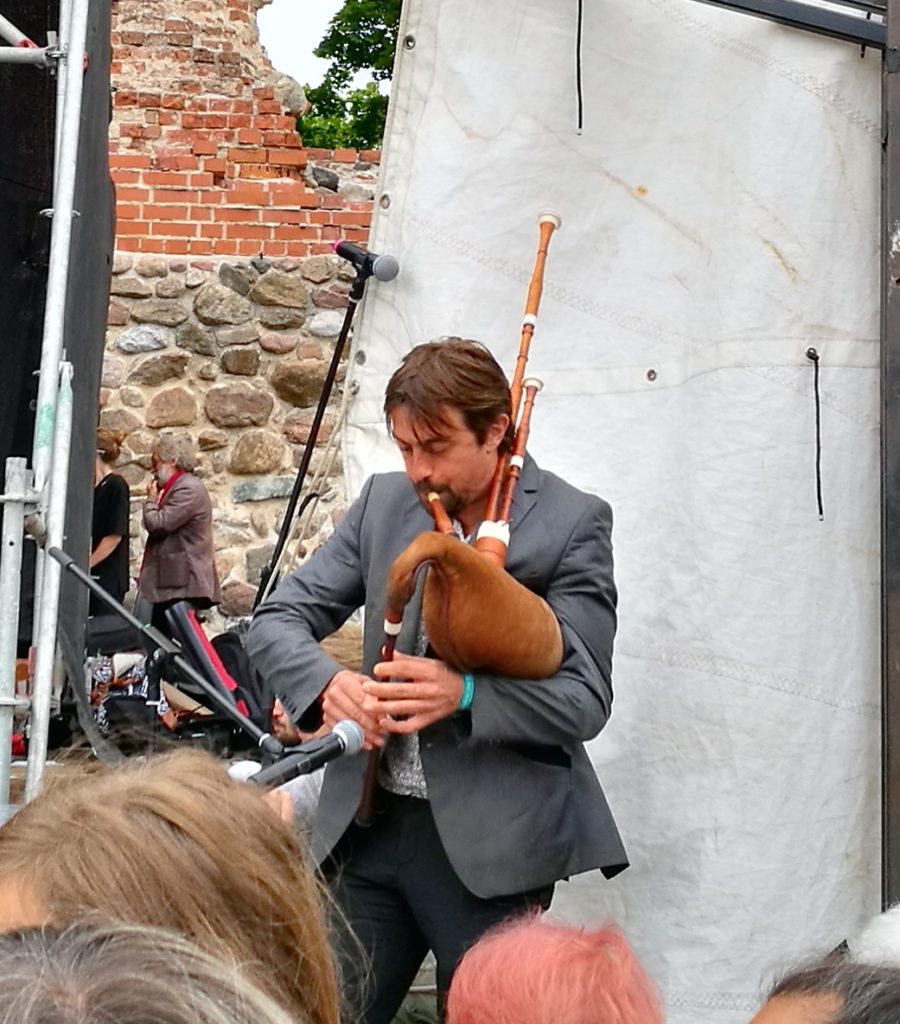
Stefan at the opening of the 25th Viljandi Folk Music Festival in 2017. Foto: Kadri Allikmäe
The light and the sun of Valencia really make a huge difference.
7. What is your dream or wish for the world? What should be different in the world?
I really hope that more people start respecting nature and realise that we are only a small part of it and not the masters. In that way, I hope that the religions that pretend to have the truth slowly disappear and that a universal consciousness replaces them.
The less uniforms and authority there are the more beautiful the world in my opinion.
Give people a uniform or some power and they start acting as real fascists or communists or bad people.
I hope that people get to know themselves and that each one takes their own responsibility.
8. What is the gift that making and playing music has given you?
It’s hardly possible to answer this question. Playing music is like breathing for me and has defined almost everything in my life. It brings comfort, energy, gives energy to others, and makes indescribable encounters happen, yet there is still so much more.
9. If you look at folk music scene in Belgium or other countries in Europe, what do you see?
It simply makes me happy to see that the same indescribable feeling is also spreading to the new generations in Belgium and in the rest of Europe. It is wonderful to see how it doesn’t seem to stop and how the world of musicians is getting bigger every day.
Human beings really need music, and humour, to survive. To make this short life worth living.
10. What is your dream for folk music in Belgium/Europe?
I hope that more people play, sing, and dance every day and because of this fewer people go to war or create other stupid problems.
I hope that we will be able to do it forever and that no regime or religion gets too powerful and forbid music and humour!
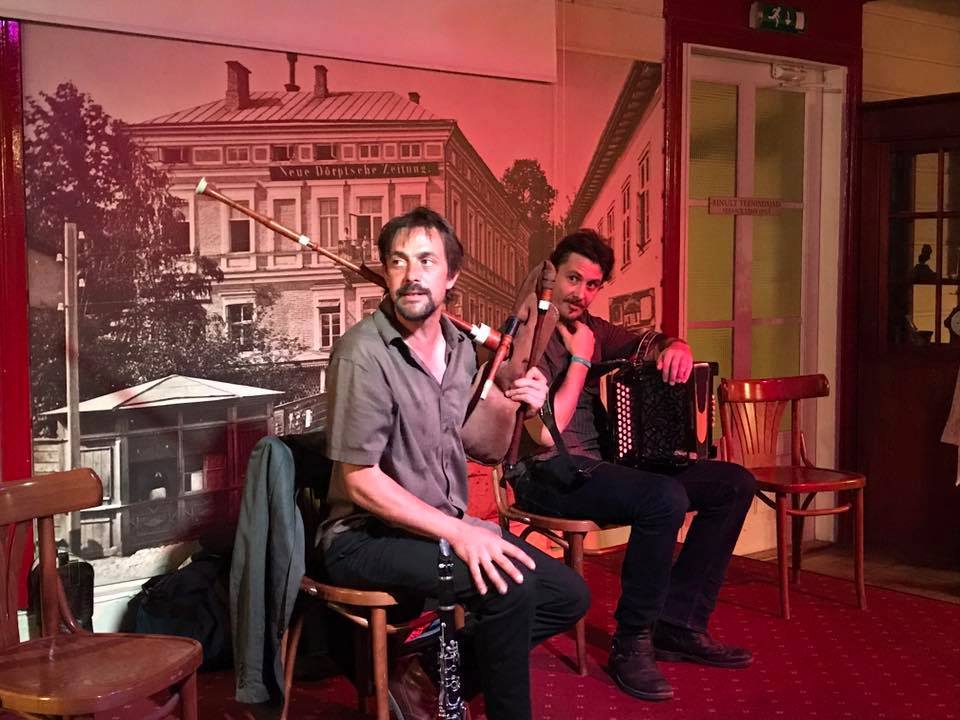
Photo by Piret Aus. Tartu 2017 summer